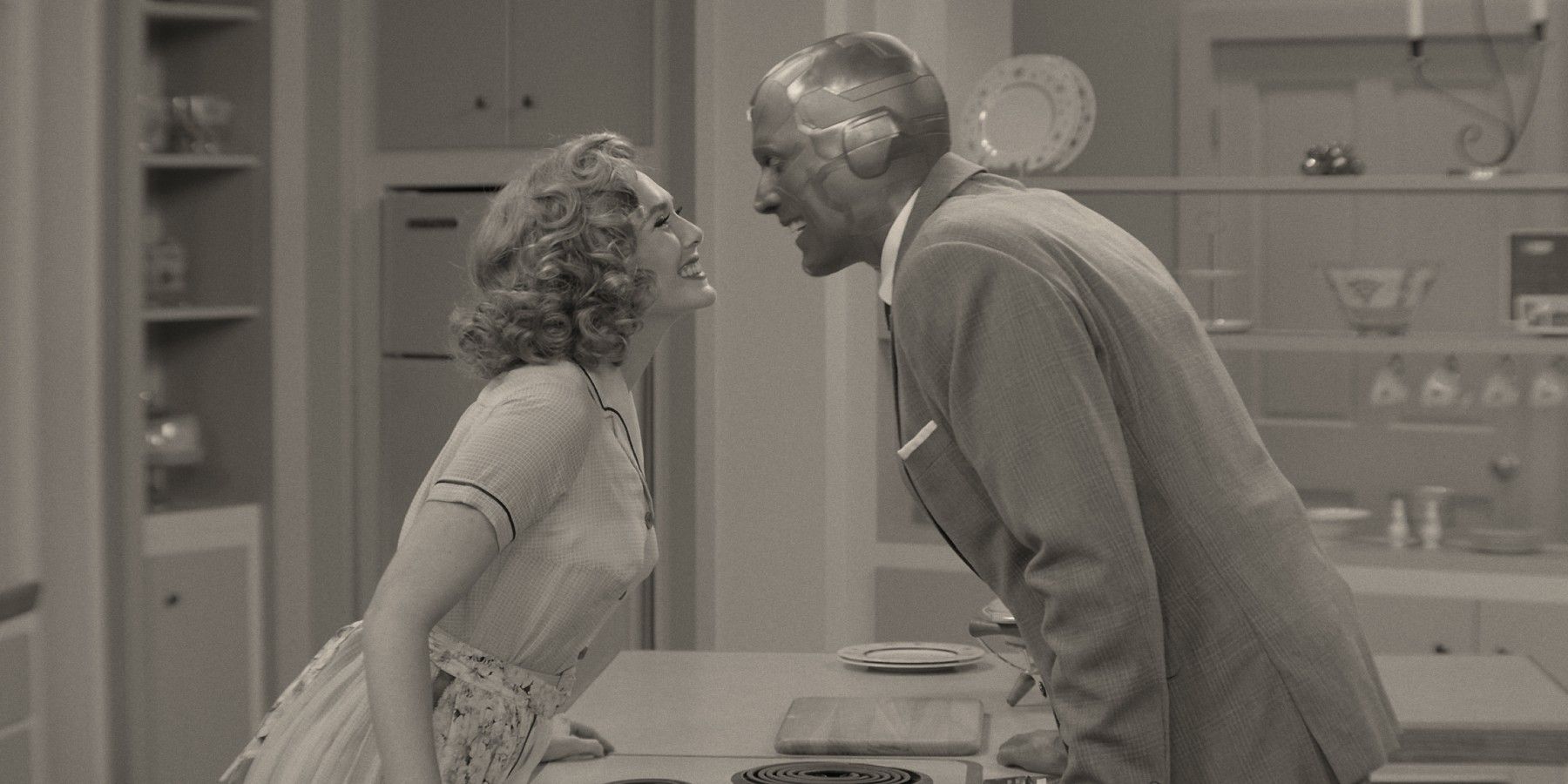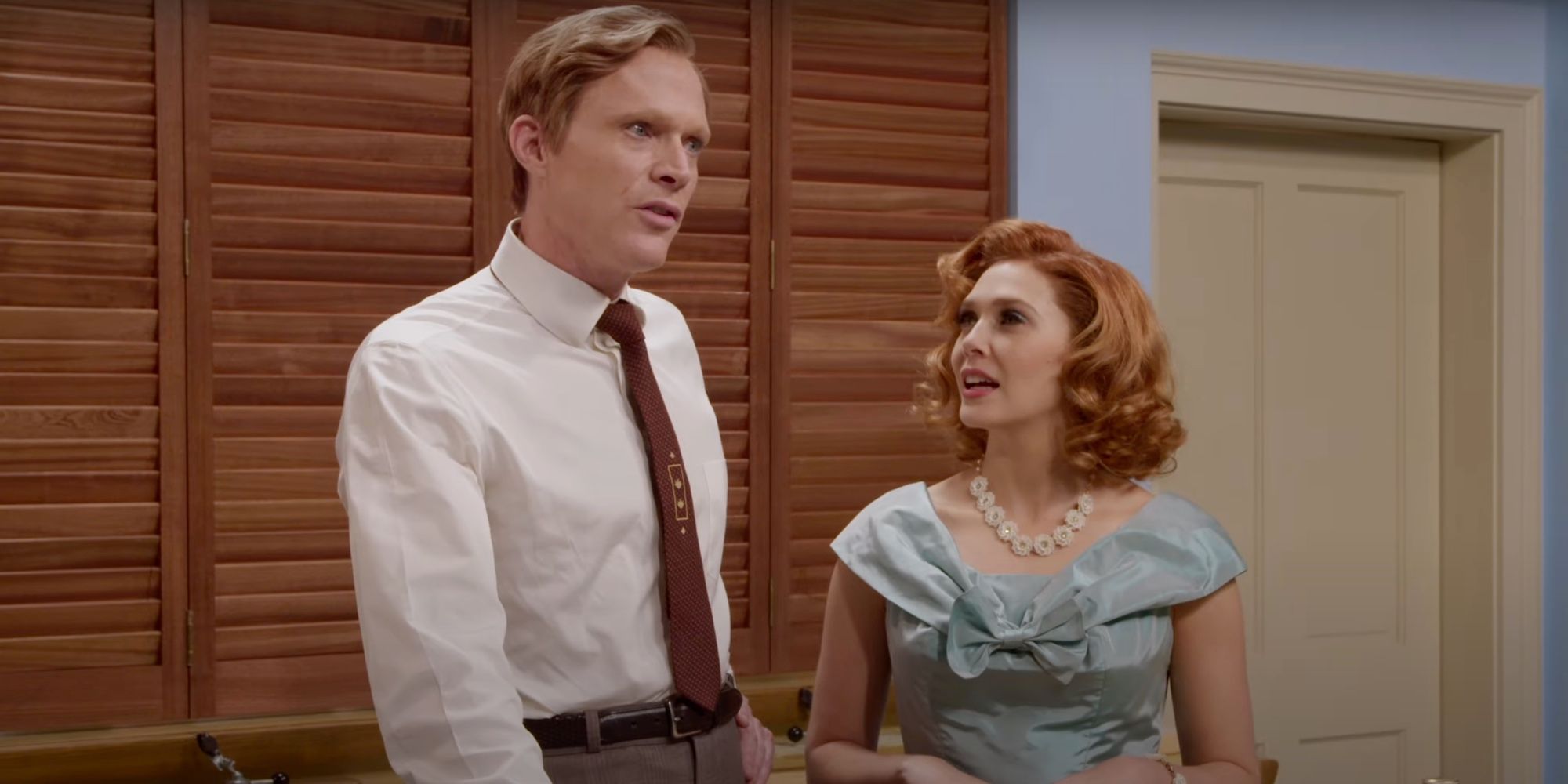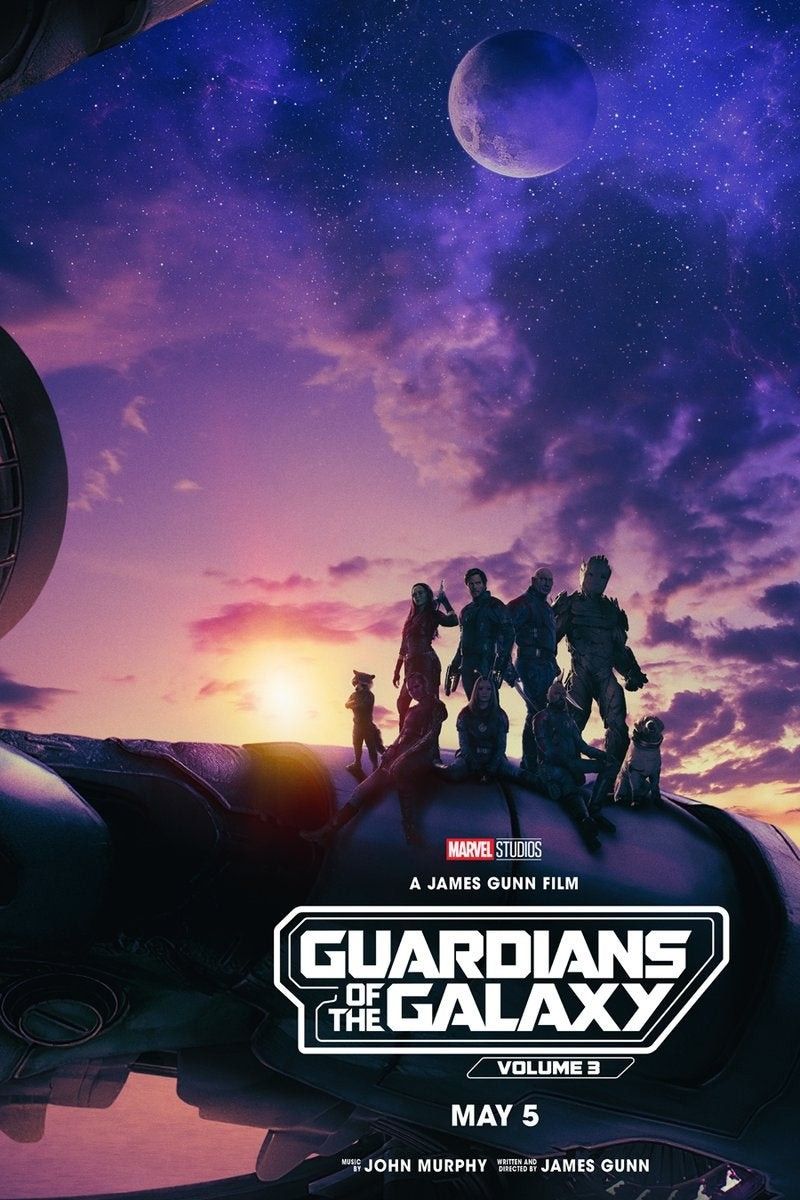Writers who didn't get the importance of WandaVision's sitcom element were rejected by Marvel Studios. Kicking off MCU Phase 4, the Disney+ project reunited Elizabeth Olsen and Paul Bettany's star-crossed lovers after the events of the Infinity Saga. In the show, Wanda and Vision attempt to live a normal suburbia life by moving to the town of Westview.
Arguably still the most unique Marvel Studios project to date, WandaVision mined story and aesthetic inspiration from classic sitcoms to kick off its story. Each week featured a decade and a classic show to mimic including I Love Lucy, Bewitched, Family Ties, and Modern Family among others. As later revealed, these are the shows that Wanda used to watch with her family in war-torn Sokovia, giving her an idea of what it's like living in a peaceful setting. Eventually, it's revealed that it was all an illusion, with Scarlet Witch accidentally using Chaos Magic to create the hex around the town of Westview which resulted in the Maximoff Anomaly.
In a roundtable with the Producers Guild of America, Feige revealed that they had to reject writers who didn't understand the importance of the sitcom element in WandaVision. The MCU architect said that there were even some who suggested removing it altogether for supposed better storytelling. But as known now, including the sitcoms wasn't just a gimmick, although it made the series unique, it's intrinsic in understanding Wanda's yearning for a simple life.
"So how do you utilize that to tell this story of Wanda and Vision and Wanda in particular? The truth is we met with a lot of people who just simply didn't get it. So having an idea is one thing. Finding people who share the passion for that idea and can actually turn it into something is something entirely different."
"The truth is, Jac [Schaeffer] was working on Black Widow at the time. We were having other meetings, and there came a point, I don't remember exactly how many meetings it was -- maybe three or four meetings with other writers -- and a number of them were saying, 'You know, we really love those two characters. But the sitcom. Do you need the sitcom element? What if you lost the sitcom element? Maybe that might focus it in.'"
The idea of WandaVision came from Feige himself, as the show's story is not based on any comic book narratives. Given this, it makes sense that it's very important for him to find storytelling partners who fully understand his vision for the show. Admittedly, there were doubts about WandaVision's potential when it premiered since it felt and looked so much different from the usual MCU fanfare. The first two episodes, specifically, were jarring for long-time fans of the franchise who are used to the three-act films that it's known for. But, aside from tackling an entirely new media format in a weekly show, WandaVision was also very weird. It wasn't until episode 4 that it's revealed how its events related to the bigger universe.
Looking back, it's quite difficult to grasp the initial idea for WandaVision without seeing the entirety of its story. Some prospective writers understandably wanted a more straightforward approach to its narrative instead of incorporating its sitcom element. But as previously mentioned, it's this creative twist that differentiates it from other shows. It also offered Olsen and Bettany the opportunity to really flex their acting muscles, which they did. Fortunately for Marvel Studios, writer Jac Schaeffer knew right away what Feige wanted to do, while director Matt Shakman executed their ideas.
Source: Producers Guild of America










